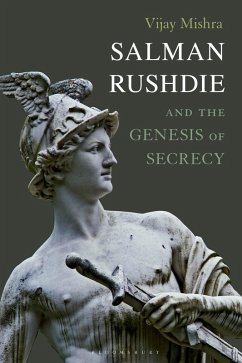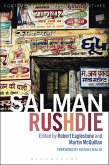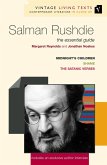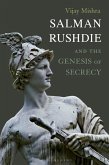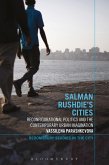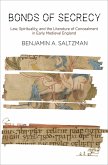Salman Rushdie and the Genesis of Secrecy is the first book to draw extensively from material in the Salman Rushdie archive at Emory University to uncover the makings of the British-Indian writer's modernist poetics. Simultaneously connecting Rushdie with radical non-Western humanism and an essentially English-European sensibility, and therefore questions about world literature, this book argues that a true understanding of the writer lies in uncovering his 'genesis of secrecy' through a close reading of his archive. Topics and materials explored include unpublished novels, plays and screenplays; the earlier versions and drafts of Midnight's Children and its adaptations; understanding Islam and The Satanic Verses; the influence of cinema; and Rushdie's turn to earlier archives as the secret codes of modernism.
Through careful examination of Rushdie's archive, Vijay Mishra demonstrates how Rushdie combines a radically new form of English with a familiarity with the generic registers of Indian, Arabic and Persian literary forms. Together, these present a contradictory orientalism that defines Rushdie's own humanism within the parameters of world literature.
Through careful examination of Rushdie's archive, Vijay Mishra demonstrates how Rushdie combines a radically new form of English with a familiarity with the generic registers of Indian, Arabic and Persian literary forms. Together, these present a contradictory orientalism that defines Rushdie's own humanism within the parameters of world literature.

